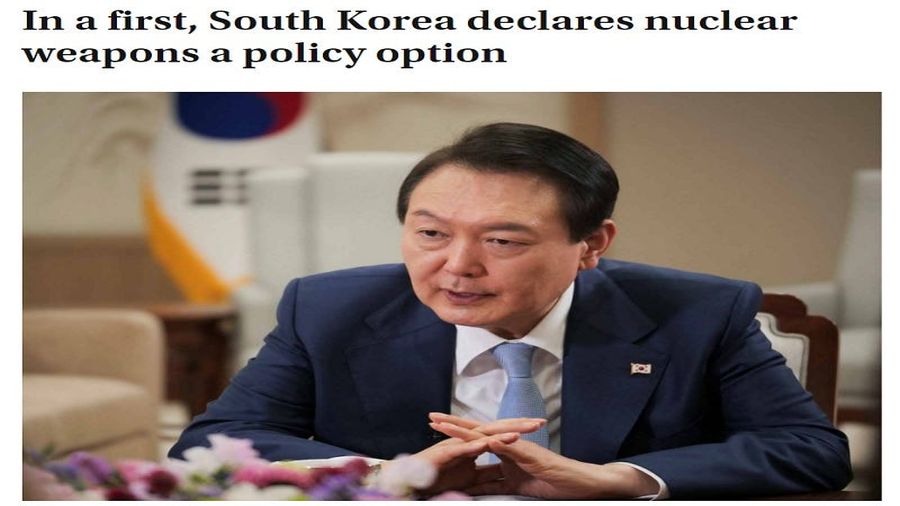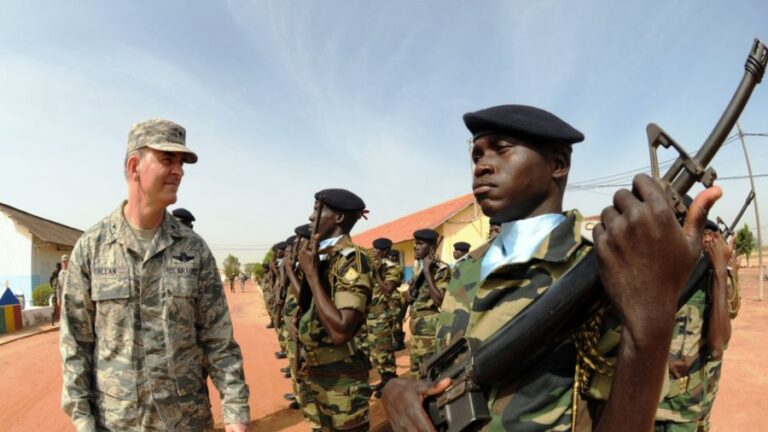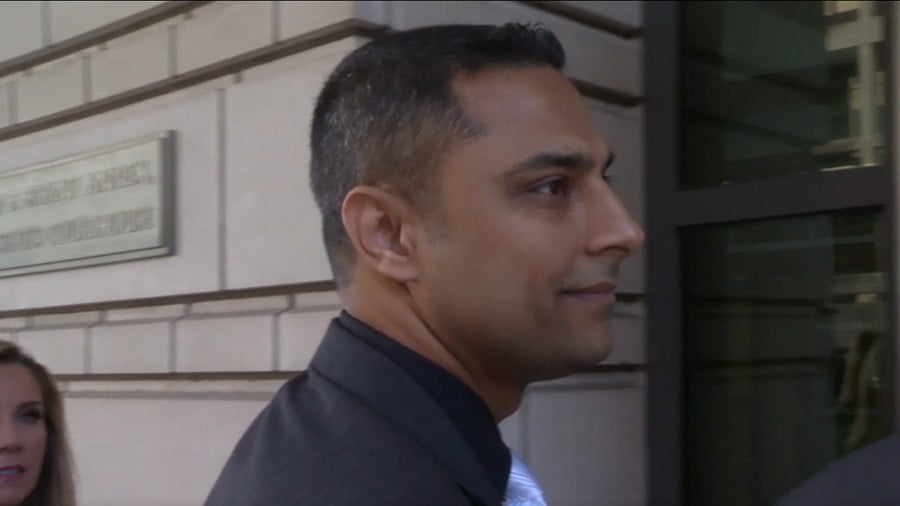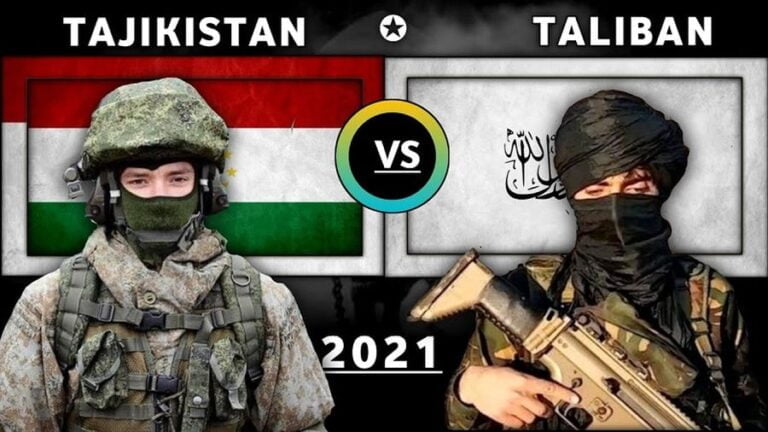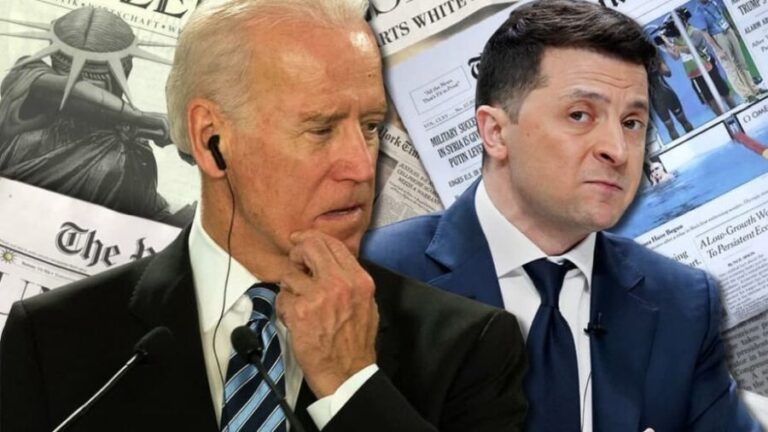The Republic of Korea Mustn’t Obtain Nuclear Weapons No Matter What
The scenario that President of the Republic of Korea Yoon Suk-yeol suggested would further destabilize Northeast Asia by setting into motion what might possibly become a regional nuclear arms race, hence why his country mustn’t obtain nuclear weapons no matter what.
President of the Republic of Korea (ROK) Yoon Suk-yeol flirted with obtaining nuclear weapons during a government meeting on Wednesday. He was quoted by local media as saying that “If the [North Korean nuclear] problem becomes more serious, the Republic of Korea may deploy tactical nuclear weapons or come to possess its own nuclear weapons. If that happens, it won’t take long, and with our science and technology, we could have [nuclear weapons] sooner as time passes.”
The scenario that he suggested would further destabilize Northeast Asia by setting into motion what might possibly become a regional nuclear arms race, hence why the ROK mustn’t obtain nuclear weapons no matter what. Objectively speaking, there’s no strategic reason for it to embark on this provocative course of action anyhow considering the country’s status as a US mutual defense ally. It can thus rely on support in the event of hostilities with the Democratic People’s Republic of Korea (DPRK).
He almost certainly didn’t intend to, but President Yoon’s unprecedented statement also inadvertently discredited his country’s American ally. After all, he’s implying that the ROK can’t count on the US for military support in contravention of the latter’s mutual defense commitments to the former. This innuendo contrasts with their increasingly close military cooperation, especially in light of the DPRK’s occasional missile tests that the ROK regards as direct challenge to its security.
More than likely, what President Yoon meant to do was send a signal to anti-DPRK and pro-US hardliners in his government and society after the drone incident late last month. ROK forces shot down an unmanned aerial vehicle that allegedly introduced into its airspace after crossing the demilitarized zone (DMZ) with the north. The incident alarmed many and even prompted chief director of operations for the South Korean military’s Joint Chiefs of Staff Lieutenant General Kang Shin-chul to apologize.
With this immediate context in mind, it makes more sense why President Yoon said what he just did on Wednesday, but that still doesn’t make it acceptable. The DPRK might interpret his remarks as hinting at the existence of a secret ROK nuclear program, one that might even speculatively be supported by its US mutual defense ally, the DPRK’s sworn enemy. That could in turn lead to the DPRK carrying out more missile or even nuclear tests in the coming future to reaffirm the credibility of its deterrence capabilities.
The situation in Northeast Asia is therefore very tense nowadays and has been for some time already, but everything might become even worse in light of President Yoon’s declaration of intent to become an unofficial nuclear power. Any tangible moves in this direction could also lead to Japan following suit in accordance with the latest trend of it de facto abandoning its constitutionally enshrined post-war pacifism as proven by last year’s largest-ever military budget and declared “counterstrike” plans.
Speculation has swirled over the past decade that this island nation also harbors plans to those that the ROK’s leader just expressed, hence why the scenario can’t be dismissed that it could use the pretext of the latter making tangible progress to this end in order to “justify” its own nuclear weapons program. That worst-case scenario would almost certainly catalyze the sequence of events that was warned about earlier in this analysis regarding a nuclear arms race in Northeast Asia.
There’s no doubt that China and Russia, which are official nuclear powers, would be compelled to bolster their respective defensive and offensive capabilities in the face of these newfound strategic threats. The US would then be expected to exploit the optics of these reasonable measures to play a greater role in the ROK and/or Japan’s nuclear weapons programs, thus leading to a dangerous security dilemma in the Asia-Pacific that could potentially be worse than the existing one in Europe nowadays.
No responsible member of the international community should want that to happen. The previously unthinkable nightmare of a nuclear apocalypse by miscalculation would become comparatively more likely, and this regional nuclear arms race would also divert some of their participants’ resources that could otherwise be invested in socio-economic programs for improving their people’s living standards. For these reasons, everyone should ensure that this aforementioned worst-case scenario never unfolds.
With a view towards averting it, the ROK and Japan should publicly reassure the international community that they have no intention to develop their own nuclear weapons programs. They should also think twice about participating in any more of those joint US military drills that the DPRK regards as threatening its national security and subsequently claimed was the pretext for its recent missile tests. That could then hopefully create the conditions to reviving diplomatic talks on regional security issues.
It’s only through political means, not military ones, that Northeast Asia’s collective security can sustainably be ensured. All parties’ highest priority must therefore be to resume such talks as soon as possible, ergo the need to eschew nuclear saber-rattling like that which President Yoon just regrettably resorted to for what’s likely domestic political reasons but which risks further provoking the DPRK. Hopefully cooler heads will prevail in the ROK and a regional nuclear arms race can thus be averted.

